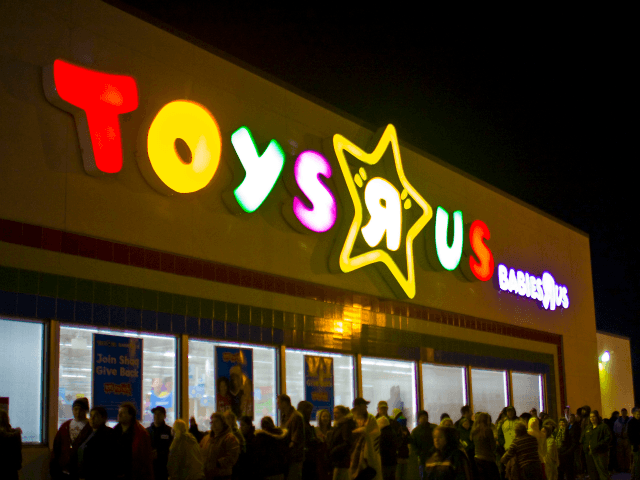A new study from TimeTrade reveals that millennial shoppers’ rising expectation for “on-demand” products and services is undermining online shopping and driving more traffic to physical stores.
TimeTrade’s 2016 State of Retail survey found that “leading companies such as Uber are restructuring consumer’s expectations by meeting the basic need of help in near real-time.” Consumers now “want product and services anytime, anywhere, and as soon as possible.”
Although that is putting pressure on traditional retailers to provide more of a “concierge-like service,” TimeTrade found that “if an item is available online or in a nearby store, 71 percent of respondents choose to buy the product in the store, a 6 percent increase over last year.”
About 85 percent of consumers surveyed reported they like to shop in stores, because they can “touch and feel products before making final purchasing decisions.” That explains why about 90 percent of consumers plan to shop in stores at least as much as last year, while 18 percent expect to shop in stores more this year.
TimeTrade sees “pure-play e-commerce retailers continue to roll-out pop-up or physical stores, which are proving to be extremely profitable.” Amazon is expected to open 400 physical stores; Bonobos opened 20 retail “try-on” stores in major shopping malls; and Shoes of Prey cut a joint venture to take retail space inside select Nordstrom’s locations.
Perhaps the most interesting nugget found in this year’s study is that young people who shop at online sites “like the option of being able to go into a physical store” to feel and touch the product more than Baby Boomers or Gen-Xers.
However, in a sign of the continued convergence of digital and physical retail, consumers are holding brick and motor stores to a higher standard for responsiveness. TimeTrade found that 54 percent of surveyed consumers valued prompt service as their most important retail store expectation, followed by 30 percent favoring “personalized experience,” and 16 percent valuing “smart recommendations.”
About 85 percent of all consumers said they would leave a retail store if no one helped them when they needed a different size and no salesperson was available.
TimeTrade sees Uber ride-sharing as the prime example of an “on-demand service that has raised the bar for customer expectations” in shopping. The survey found that the top attraction for Uber was convenience, at 52 percent, followed by lower cost at 49 percent.
The TimeTrade survey was conducted among 5,444 consumers, who were asked in-depth questions regarding their perceptions and behavior around retail shopping.

COMMENTS
Please let us know if you're having issues with commenting.